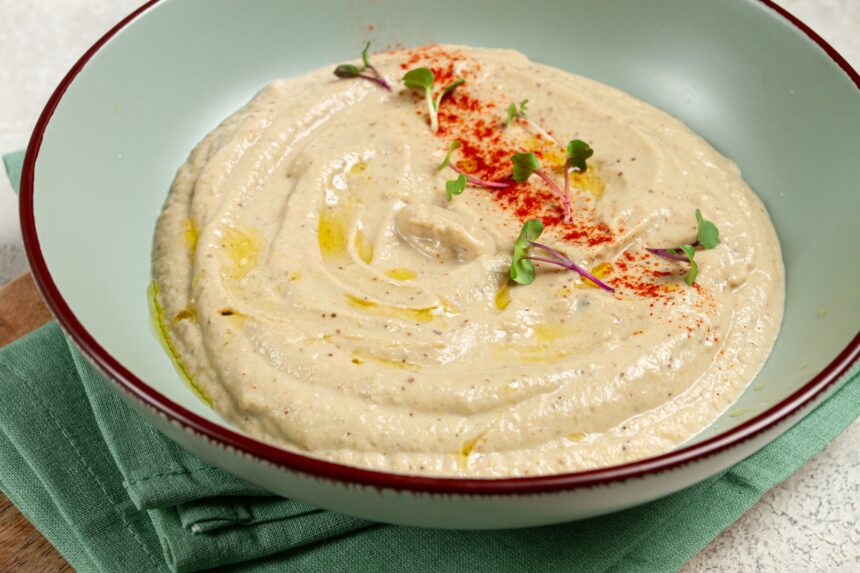Discover the Flavors and Spices of Lebanese Cuisine
Lebanese cuisine is a vibrant tapestry of flavors, colors, and aromas that reflect the rich history and cultural diversity of Lebanon. Nestled at the crossroads of the Mediterranean, Lebanon has been influenced by various civilizations, including the Phoenicians, Romans, and Ottomans. This melting pot of cultures is evident in its culinary traditions, particularly in the beloved tradition of mezze, a selection of small dishes served as appetizers. In the heart of Beirut, the capital city, food lovers can embark on a gastronomic journey that showcases the best of Lebanese flavors and spices.
The Essence of Mezze
Mezze is more than just a meal; it is a social experience that brings people together. Typically served in a communal setting, mezze allows diners to sample a variety of dishes, making it a perfect choice for gatherings and celebrations. A traditional mezze platter may include:
- Hummus: A creamy dip made from blended chickpeas, tahini, lemon juice, and garlic.
- Baba Ghanoush: A smoky eggplant dip mixed with tahini and spices.
- Tabbouleh: A refreshing salad made with parsley, mint, tomatoes, and bulgur wheat.
- Fattoush: A vibrant salad featuring mixed greens, radishes, and crispy pita bread.
- Kibbeh: A dish made from bulgur, minced onions, and ground meat, often served raw or baked.
These dishes are often accompanied by warm pita bread and a selection of pickles, olives, and nuts, creating a feast for the senses. The variety of flavors—from the tangy and zesty to the rich and savory—makes mezze a delightful introduction to Lebanese cuisine.
Spices that Define Lebanese Cooking
The use of spices is a hallmark of Lebanese cooking, contributing to its distinctive taste. Some of the most common spices and herbs include:
- Cumin: Adds warmth and earthiness to dishes.
- Coriander: Offers a citrusy flavor that brightens up salads and dips.
- Sumac: A tangy spice that adds a lemony flavor, often sprinkled on salads and grilled meats.
- Pine Nuts: Frequently used as a garnish, adding a nutty crunch to various dishes.
- Allspice: A key ingredient in many meat dishes, providing a warm, aromatic flavor.
These spices not only enhance the taste of the food but also reflect the agricultural bounty of the region, where fresh herbs and spices are readily available. The careful balance of these ingredients is what makes Lebanese cuisine so unique and beloved worldwide.
Experiencing Mezze in Beirut
Beirut is a culinary hub where traditional and modern influences converge. The city boasts numerous restaurants and cafes that specialize in mezze, offering both locals and tourists an authentic taste of Lebanese culture. Some notable establishments include:
- Al Falamanki: A charming restaurant known for its extensive mezze menu and traditional decor.
- Em Sherif: Offers a luxurious dining experience with a focus on authentic Lebanese flavors.
- Tabliyeh: A popular spot for its vibrant atmosphere and delicious mezze selections.
Dining in these establishments often involves more than just eating; it is an immersive experience filled with music, laughter, and the warmth of Lebanese hospitality. Many restaurants also offer cooking classes, allowing visitors to learn the art of preparing mezze dishes themselves.
Conclusion: A Culinary Journey Worth Savoring
Lebanese cuisine, with its rich array of flavors and spices, offers a unique culinary experience that is best enjoyed through the tradition of mezze. In the heart of Beirut, food enthusiasts can explore a diverse selection of dishes that reflect the country’s cultural heritage. From the creamy hummus to the zesty tabbouleh, each bite tells a story of Lebanon’s history and its people. Whether you are a seasoned traveler or a curious foodie, savoring traditional mezze in Beirut is an adventure that promises to delight your palate and enrich your understanding of this remarkable cuisine.
